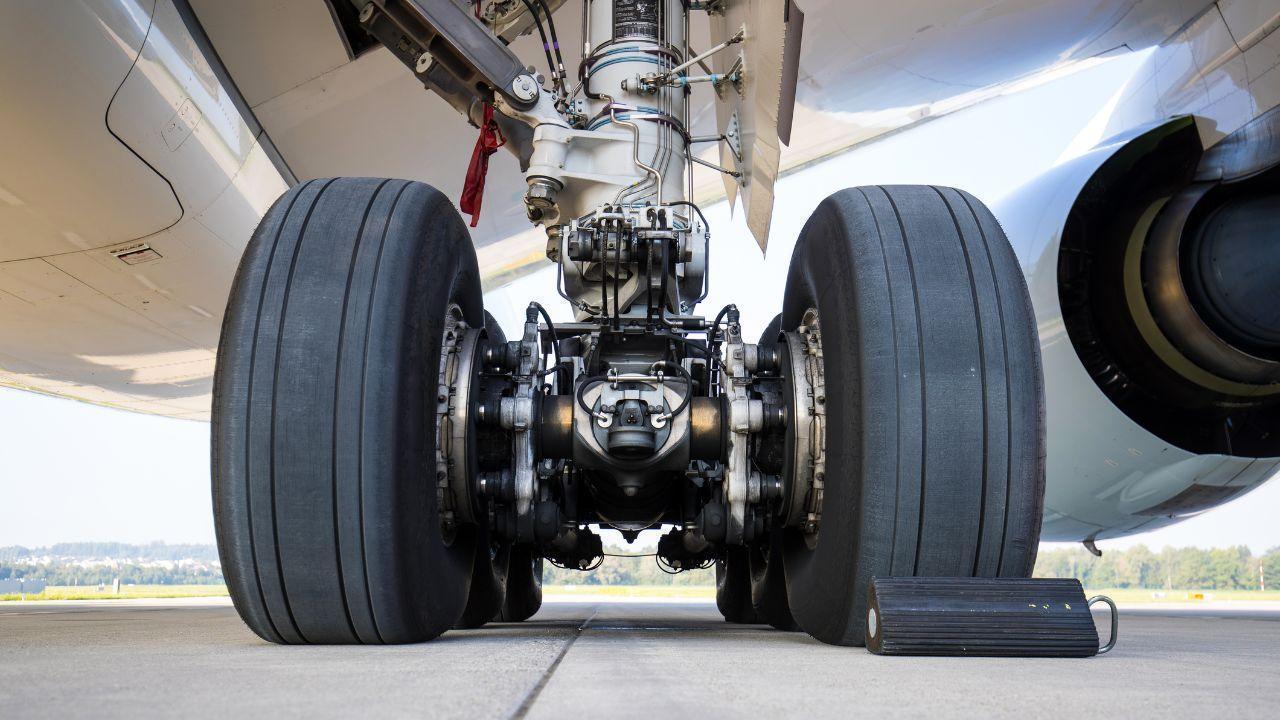
Post by : Meena Rani
The adoption of Used Serviceable Material (USM) is increasing across the Asia-Pacific region, driven by rising demand from airlines and MRO providers. However, high costs, regulatory requirements, and supply chain bottlenecks continue to constrain growth.
Historically, USM adoption in the Asia-Pacific lagged behind other regions. Recent years, however, have seen global suppliers establishing operations in the region, signaling a gradual shift in market dynamics. This trend was highlighted during a panel discussion on USM at MRO Asia-Pacific on September 16.
China: Regulatory Hurdles and Emerging Opportunities
China’s unique regulatory environment directly impacts USM procurement. Winnie Wang, CTO and General Manager at Xiamen Aircraft Leasing, explained that aircraft and engine teardowns require specialized approvals from the Civil Aviation Administration of China (CAAC). MRO facilities must also secure Part 145 certifications to operate legally.
“You have to upload the whole components as they appeared on the aircraft onto a system,” Wang noted, adding that engine-specific recognition may be introduced in the future.
Wilson Liu, VP of Procurement at Hainan Airlines, emphasized that the airline sources USM domestically. He highlighted that China’s expanding commercial fleet and evolving policies are opening a more flexible USM procurement environment. Hainan Airlines operates a mix of Airbus and Boeing narrowbody and widebody aircraft.
Malaysia and Regional Trends
Beyond China, Malaysia-based Asia Digital Engineering (ADE) is increasingly turning to USM amid global supply chain constraints. Aziz Yunus, Head of Component and Warehouse Services at ADE, shared that the company tore down an Airbus A320 last year, reflecting growing regional demand for USM. Delays in part availability and long turnaround times have made USM an attractive solution for operators.
Global Perspective on USM
MTU Maintenance Singapore’s Kevin Li underscored the need for a global approach to USM. “We have a centralized location for all the connections and repairs of USMs,” Li said. He stressed that worldwide teardown capacity is insufficient and that expanding global networks is critical to maximizing material use efficiently.
The panel highlighted the importance of better standardization and supply chain coordination to reduce costs and improve efficiency. Wang cited rising input costs as a key challenge for Xiamen Aircraft Leasing. She gave the example of repairing a high-pressure turbine blade for an IAE V2500 engine, noting a 50% cost increase compared to last year due to rising repair and scrap rates.
The Asia-Pacific USM market is on a growth trajectory, with China and Malaysia at the forefront. While regulatory hurdles and supply chain limitations remain, increasing awareness, policy reforms, and global collaboration are set to enhance adoption. Efficient utilization of USM could become a vital strategy for airlines and MROs aiming to manage costs and maintain operational readiness in the region.
USM, Asia-Pacific MRO, Aircraft Teardown, China Aviation, Supply Chain




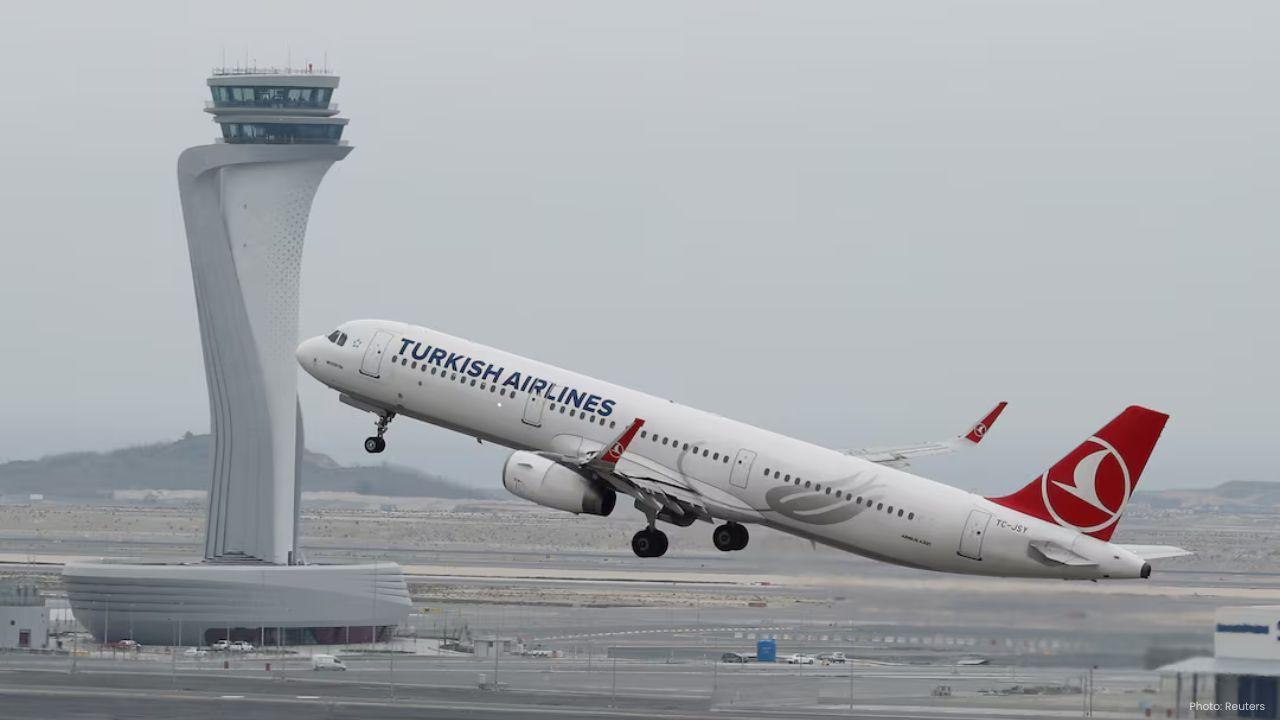
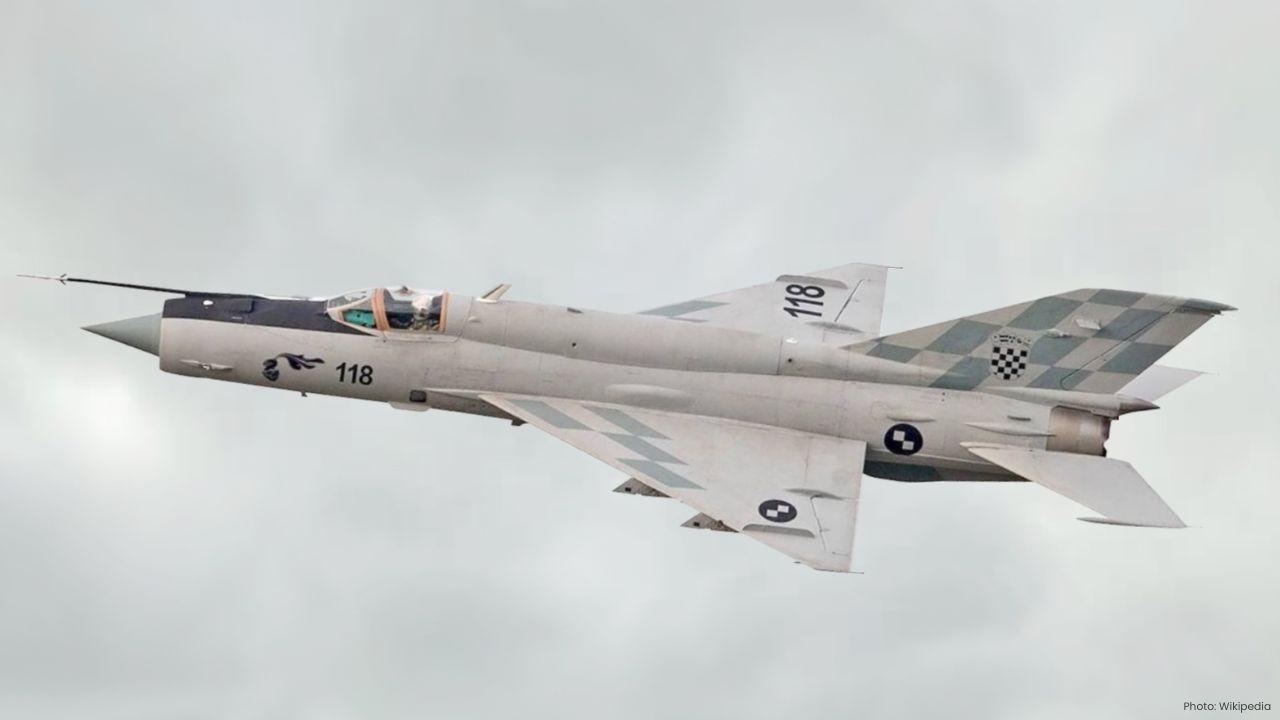
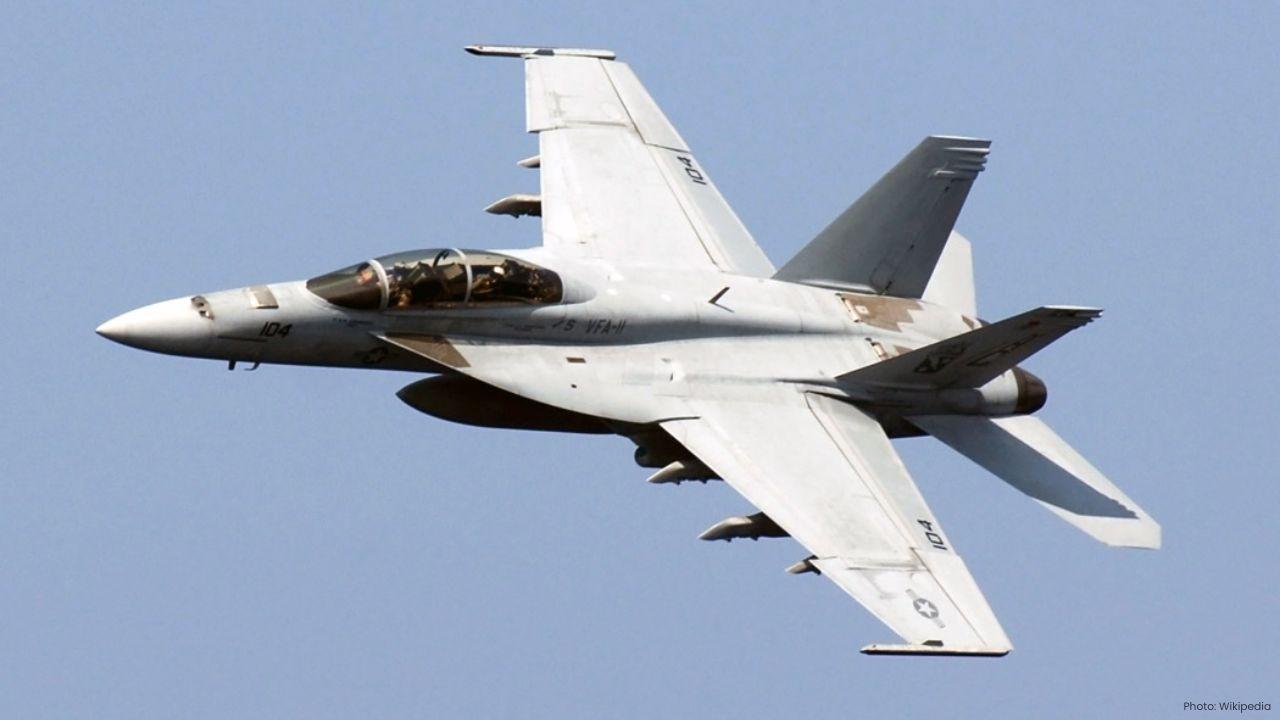
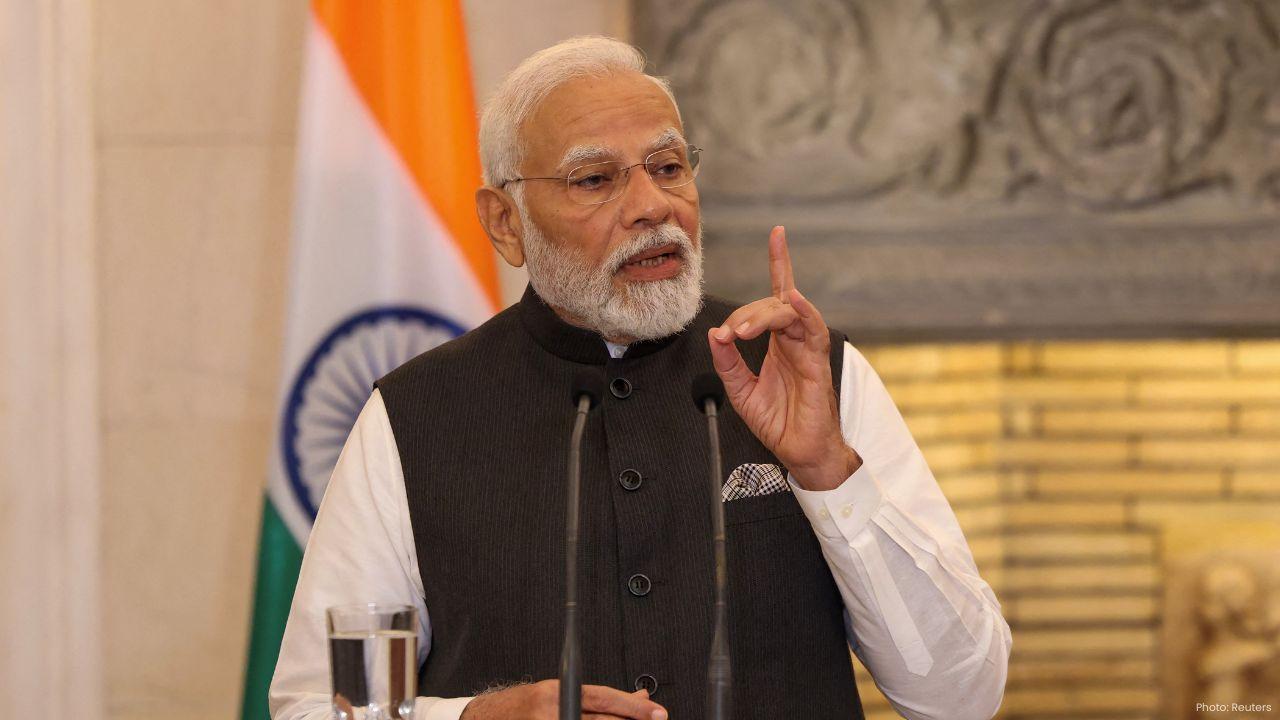


Bengaluru-Mumbai Superfast Train Approved After 30-Year Wait
Railways approves new superfast train connecting Bengaluru and Mumbai, ending a 30-year demand, easi

Canada Post Workers Strike Halts Nationwide Mail and Parcel Services
Canada Post halts operations as CUPW strike disrupts mail and parcel delivery nationwide amid disput

PM Modi Launches BSNL ‘Swadeshi’ 4G Network, 97,500 Towers Built
India enters global telecom league as PM Modi inaugurates BSNL’s indigenous 4G, connecting 26,700 vi

India’s Iconic MiG‑21 Takes Final Flight After Six Decades of Service
After 60 years India retires its MiG‑21 fighter jet, a legendary yet controversial warplane marking
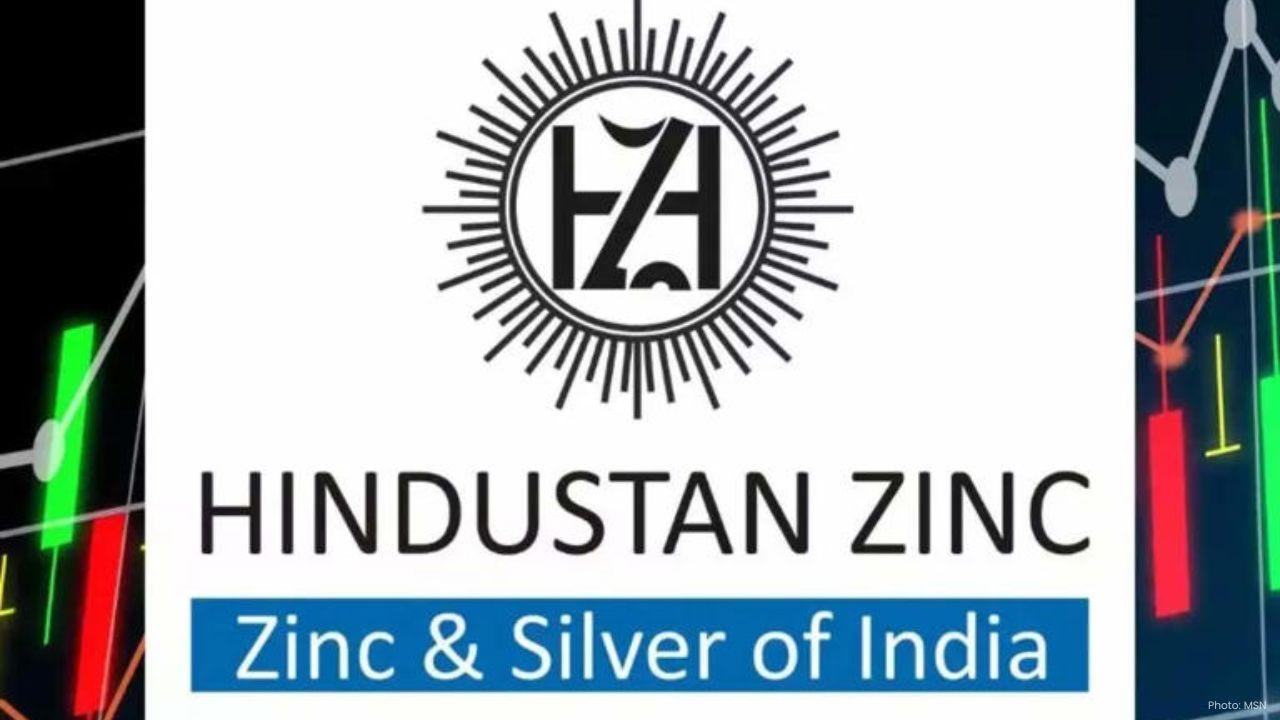
Hindustan Zinc unveils AI hotspot monitoring at Debari smelter
Hindustan Zinc launches AI-powered Switchyard Hotspot Monitoring at Debari smelter to cut outages bo
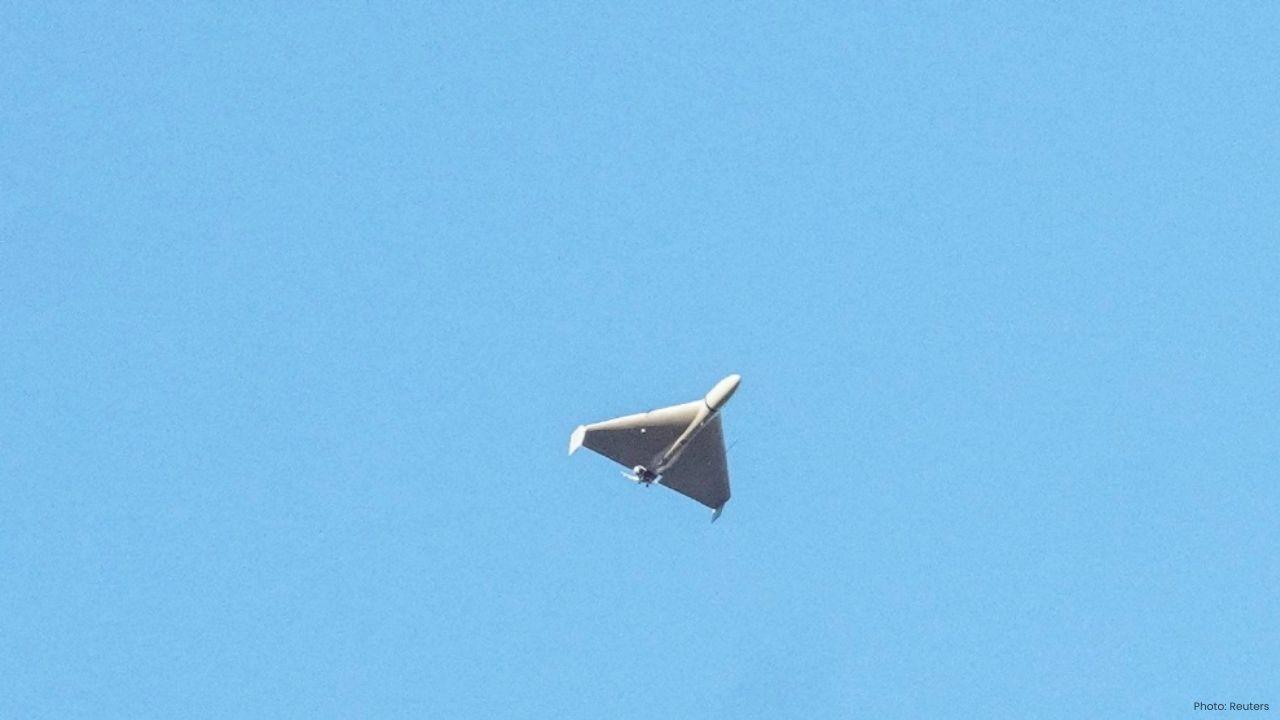
Chinese experts worked inside sanctioned Russian drone plant
Chinese drone specialists visited IEMZ Kupol supplying parts and drones via intermediaries, deepenin